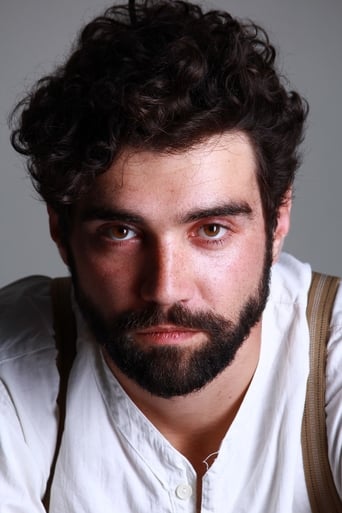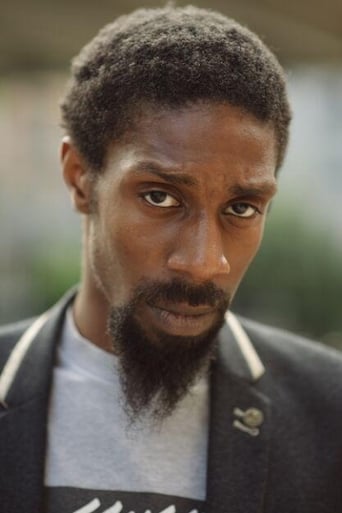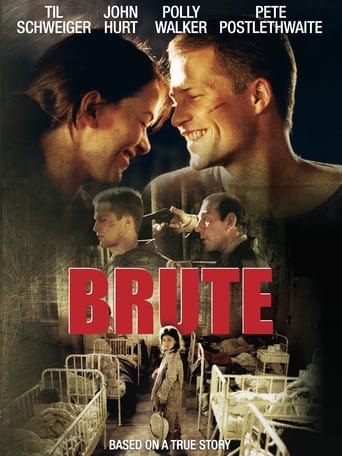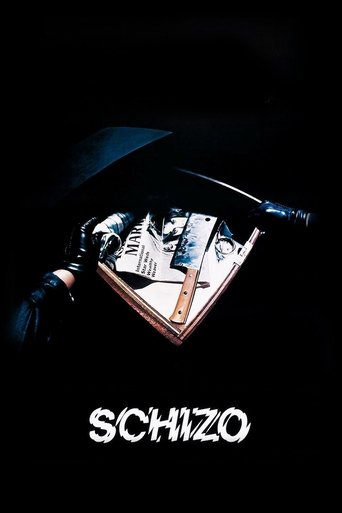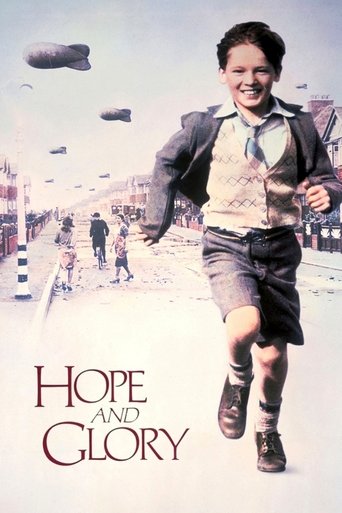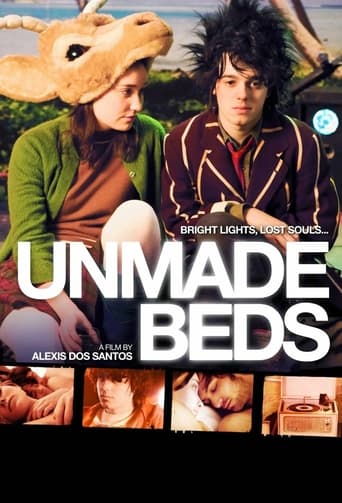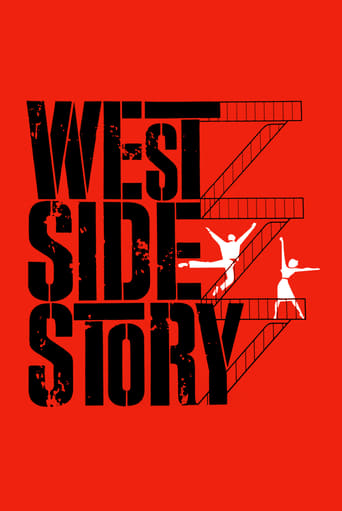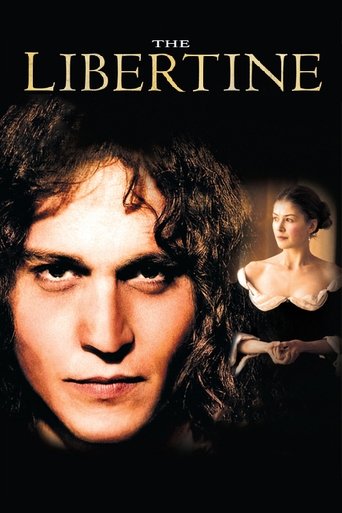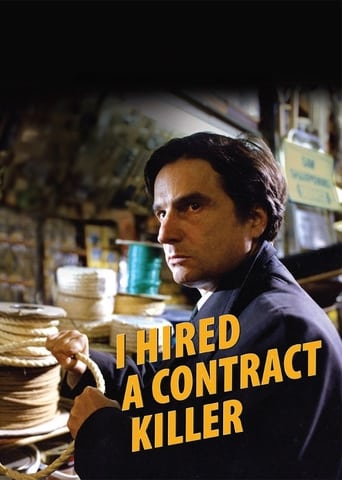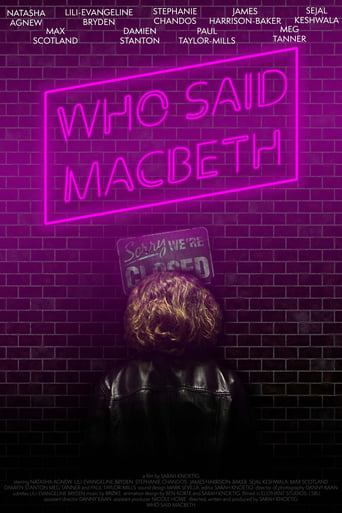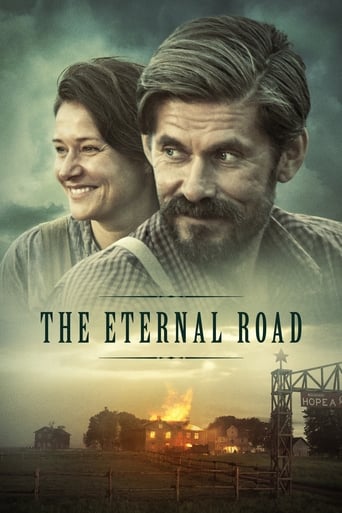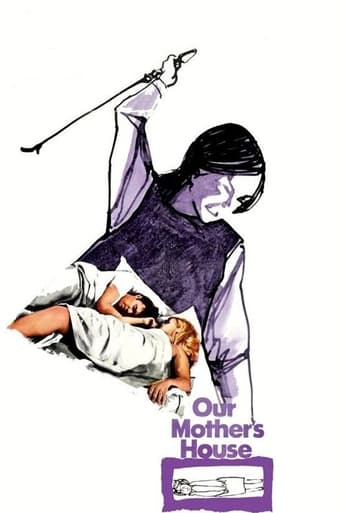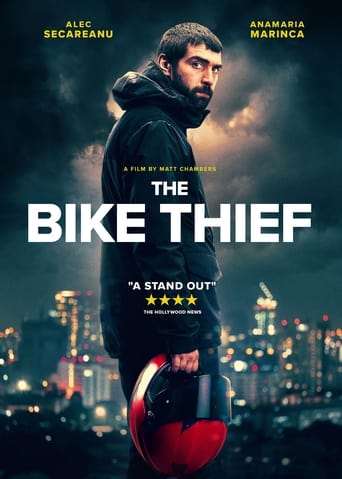
The Bike Thief (2020)
To the Rider his moped is everything. As a pizza delivery driver it is his livelihood. As a breadline straddling, immigrant father it is his family’s anchor. It takes his wife to work. It gets his daughter to school. So when one night the moped is stolen, his world collapses. He has to get back his bike – or replace it – in whatever way possible, before his next shifts starts. If he fails, he won’t just lose his job, he will lose it all. He tries to ask the few familiar faces for help in this unfamiliar, disorienting city. However, as he runs out of time and his options are wearing thin, his moral compass begins to crack and he grows more and more willing to forgo his conscience in order to save himself and his family.
- Matt Chambers
- Matt Chambers
Rating: 4.9/10 by 11 users
Alternative Title:
Country:
United Kingdom
Language:
Română
English
Runtime: 01 hour 19 minutes
Budget: $0
Revenue: $0
Plot Keyword: immigrant, london, england, romanian
The Bike Thief strives to be to the Romanian expat community in London what Ladri di Biciclette was to the post-war Roman working class, and what A Better Life was to Mexican immigrants in Los Angeles, but completely misunderstands what those two films were trying to say – either that, or it’s simply a reflection of our cynical times. Unlike De Sica’s hero, The Bike Thief’s anonymous protagonist not only never really even bothers to look for his scooter, but he also successfully manages to steal its replacement – in fact, he resorts to theft, something that the main characters of those two other films only consider after exhausting all other alternatives, almost immediately So clueless is screenwriter/director Matt Chambers, that recovering the vehicle represents as little sacrifice as getting it in the first place. In the De Sica classic, Maria (Lianella Carell) takes her dowry's sheets, prized possessions for a poor family, and takes them to a pawn shop to redeem her husband Antonio's (Lamberto Maggiorani) bicycle, so he can get a job putting up billboards. And in A Better Life, Carlos's (Demián Bichir) sister, Anita (Dolores Heredia), lends him $12,000 from the family emergency fund so Carlos can buy a van for his landscaping business. On the other hand, in The Bike Thief, the protagonist is already in possession of the scooter, which his boss has provided for him to deliver food. Moreover, his feeling of entitlement is such that he reacts with disbelief at the mere suggestion of going for a walk around London looking for the scooter – when, in contrast, the urban journey that father and son undertake in Ladri di Biciclette and A Better Life is the heart of the story –, instead having some juvenile delinquents give him a ride through deserted streets so he can pinch himself a motorcycle (and even gets away with it thanks to the unlikely coincidence of two identical helmets). The dude even gets pissed when reporting the theft to the police involves filling out a couple of forms (a perfunctory effort before he becomes a criminal himself). Maybe he was expecting special treatment, which I'm afraid is the crux of the whole thing; i.e., that mere equality would somehow not be enough to satisfy minorities, which I would like to think is a fallacy.

